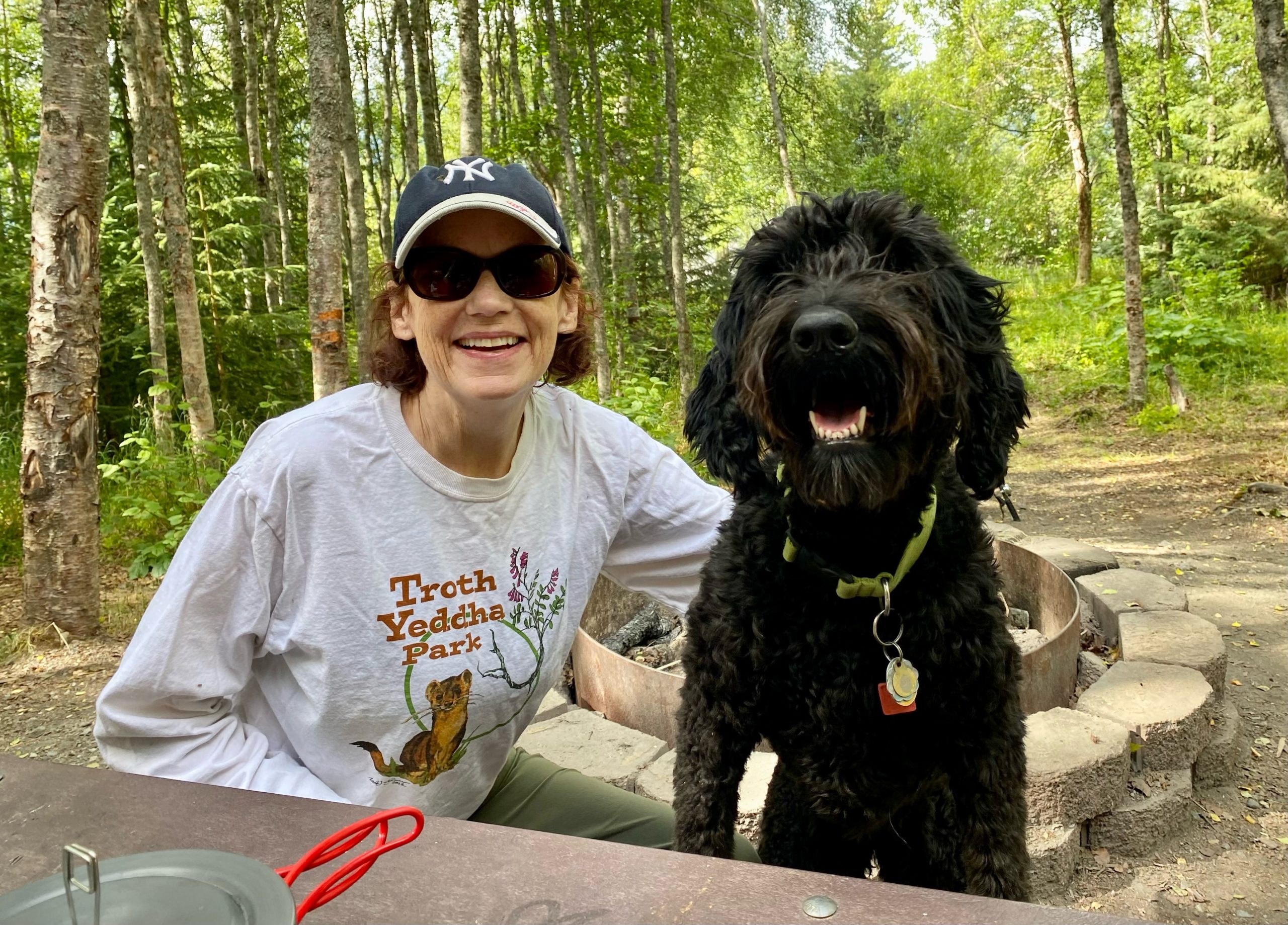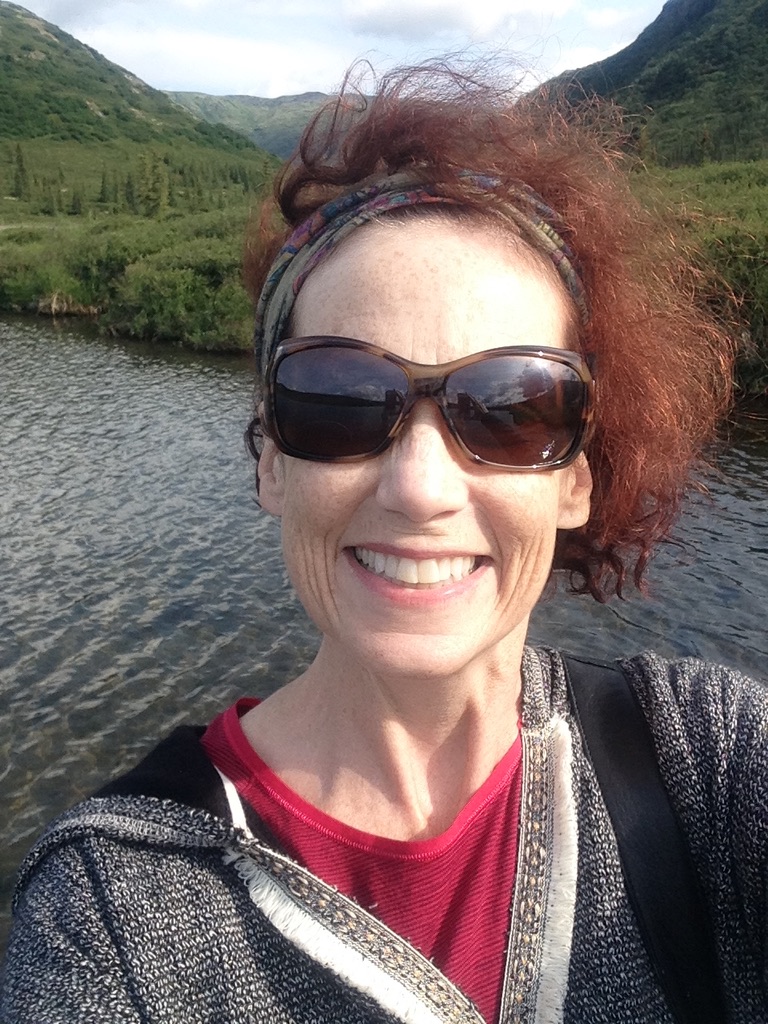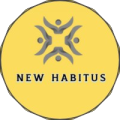About Dr. Hogan
Dr. Maureen Hogan is a research-informed coach and semi-retired professor of language and literacy.

I read widely across the sciences and social sciences, as well as within a variety of contemplative traditions. I am a Bhuddist and a feminist. I survived Stage 3 tongue and lymph cancer. I live in between six-month scans. I am one of seven daughters.
I am also a certified yoga teacher (YTT 200), certified life coach from Lumia, educational consultant, researcher, writer, and ESL (Master’s degree in TESL) and literacy tutor (Ph.D. 1999 in Writing Studies from the University of Illinois Urbana-Champaign.)
So how did I get into life coaching?
During the pandemic, I did yoga 4-5 times a week online. I noticed that it kept me grounded and calm both on and off the mat. I had to deal with BIG changes and BIG feelings and those emotions registered in my body. I was amazed at the amount of hope and resilience I felt through yoga, and that I had grown so much physically and mentally. It was my path to increased self-knowledge, compassion and healing.
Since the pandemic and my head-neck cancer diagnosis (where I almost died of starvation), and a nine-month stint working at a domestic violence shelter, I realized I wanted to work directly with people who needed clarity, hope and encouragement, particularly through intentional thought-work and mind-body calming strategies, including light yoga. (Yoga is not everyone’s jam, to be sure).
To that end, I have been studying positive psychology, cognitive behavioural psychology, life design theory, somatic embodiment, evolutionary biology, emotional regulation strategies, and mind-body connections. Some of these topics (especially positive psychology) are misunderstood, and some are under researched. As an academic, I approach my wellness inquiry by reading critically and practicing reflectively.

I believe that meaningful change starts with self-study (the yoga term is svadhyaya). For me, this is a richer portal to self-knowledge than “finding your passion,” because it requires internal excavation rather than external stimulation.
We must understand the stories we tell ourselves, about ourselves, before we can really help others. At the same time, we are never not socially situated. So self-knowledge is simultaneously other-knowledge and context-knowledge.
This is not idle navel-gazing, but rather intentional transformation (on purpose!) that gives you the power for relational, social and structural change, both big and small. Without it, you can easily reproduce unskilled, thoughtless, dysfunctional, socialized power dynamics at work, home and in your community.
And you can do so both unconsciously (deep in the psyche, below perception) and subconsciously (just below your level of awareness). Socialization is deeply ingrained and powerful. I can help you unpack it.
Let’s face it:
life is hard and social dynamics are challenging and frustrating.
It can feel like you have no voice, no control. External sociological factors can become internalized and cause poisonous thinking and negative habit loops. You can become someone you don’t even really like, and damage others.
In my own life, I endeavor to practice what I preach. I have applied much of what I have learned in the past decade or so, and have seen a huge transformation in myself, and how I show up for others in community and across institutions and social structures. I also know it’s hard daily practice—not magic—although the hard-earned results can feel magical. And I make mistakes. Lots of them. But I know I can always begin again, and get back to that self-knowledge, my core.
In my coaching practice, with careful listening and attunement to YOU, (most of coaching is LISTENING and asking QUESTIONS, strategically), we figure out what area of life you want to work on (an anchor issue), what specific problems you need help with, and what you can and cannot control at this time.
What you can control is yourself, your thoughts, beliefs, emotions and actions. How you react to difficult circumstances, without causing more pain, confusion and drama, helps others. So in the end, my coaching is simultaneously an individual and social practice of incremental improvement. It is about radical, critical hope. And it starts with you.
